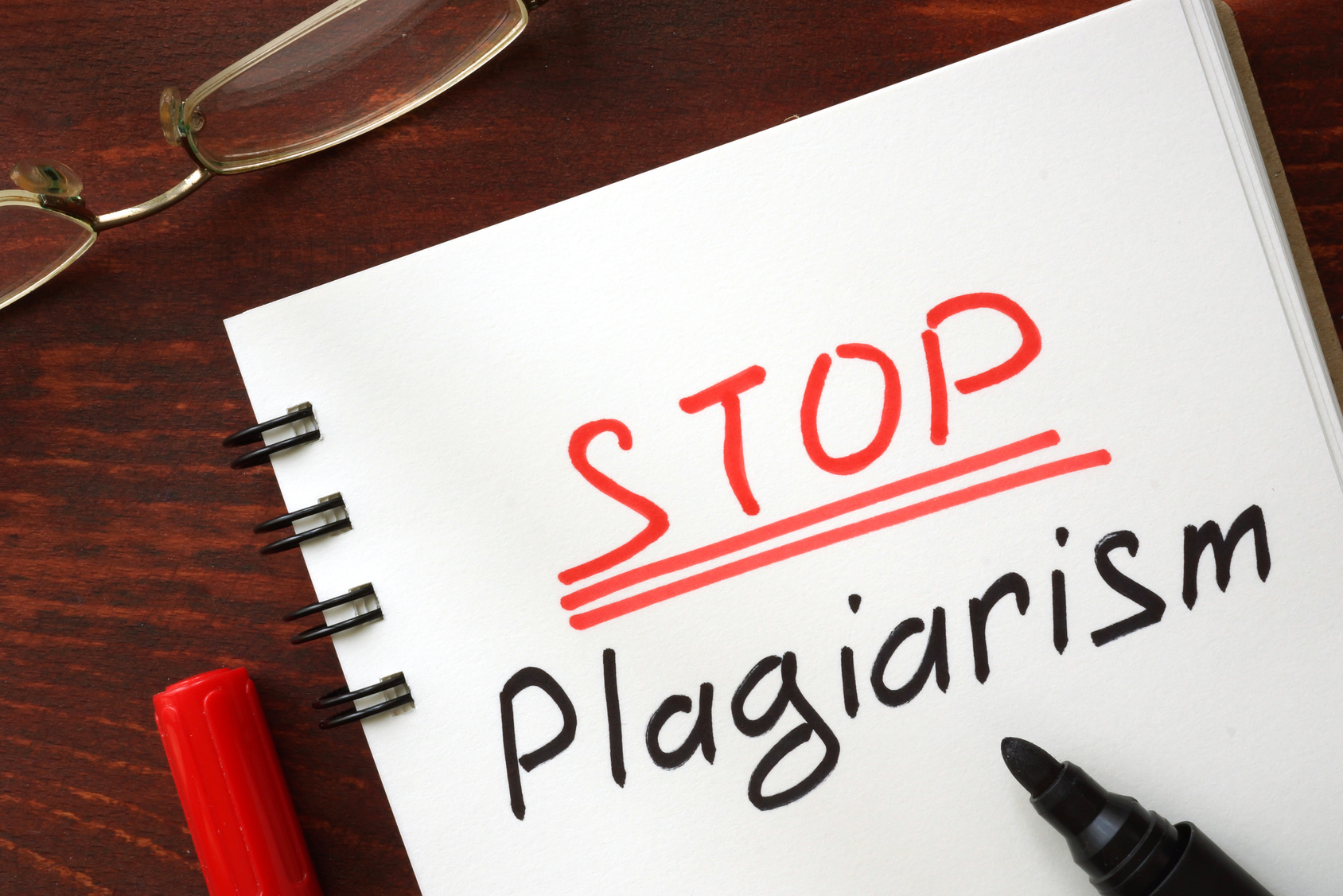
How to Avoid Any Plagiarism in Your Writing
We all have those days where we feel like being lazy. Where it seems like we can’t come up with any original thoughts. Where it would just be easier to copy someone else’s work.
Writer’s block is never a good excuse.
Copying someone’s work and presenting it as your own is called plagiarism. There are consequences to doing this and they range from getting fired, expelled from your school, and even to legal troubles.
Even if the infraction is a coincidence, you are still subject to these potential consequences.
However, plagiarism is easy to avoid. In the age of the internet, there are a host of tips, tricks, and tools at your disposal.
Keep reading to find how to avoid this embarrassment.
How to Avoid Plagiarism in Your Writing
1. Plan Your Writing
People who procrastinate and throw documents together at the last minute are more likely to copy or not cite/quote properly.
Make sure your piece is well thought out and researched and done so in plenty of time for you to write multiple drafts.
Have a friend edit and revise your work. A fresh set of eyes may be able to catch something that you didn’t.
2. Copyscape
Copyscape is an online, premium tool that is used often in the marketing world. It’s a great resource, not just for management, but for writers as well.
Double check your words against everything on the internet by copy and pasting into a text box and clicking the search button.
There are plenty of free tools available for anyone to use, but Copyscape has become the standard for business people. If you’re starting an online business, this tool will come in handy.
3. Cite and Quote Properly
Using someone else’s ideas to help promote your own is perfectly acceptable, provided the authors of these ideas are given credit in your work.
This includes citing your own work from previous documents or research.
Failing to cite properly is the most widely seen form of plagiarism. Don’t let such an easy to fix error leave you with nothing but power of attorney cost.
Chicago style, MLA, and APA have different citing formats. Know which one you’re using and follow the rules precisely.
4. Know the Facts
Facts cannot be copyrighted and therefore do not have to be cited. However, if you choose to use exact text from a certain source, that must be cited because you are still using someone else’s words.
When writing about dates, births, deaths, etc… make sure to use your own words to avoid any plagiarism issues.
“Common sense” does not need to be cited. Neither do things like folklore or urban legends. Your own observations and thoughts are also free from having to be cited, provided that you haven’t used them in another work.
Your own observations and thoughts are also free from having to be cited, provided that you haven’t used them in another work. This includes any scientific evidence that you uncovered while performing your own experiments.
The Wrap Up
While copying work is easy, it’s easier to do the work yourself. The headache and potential legal action and embarrassment aren’t worth the trouble.
Now you know the easiest ways to completely avoid the entire mess.
Remember: When in doubt, cite your work. The extra ten seconds are totally worth it.
